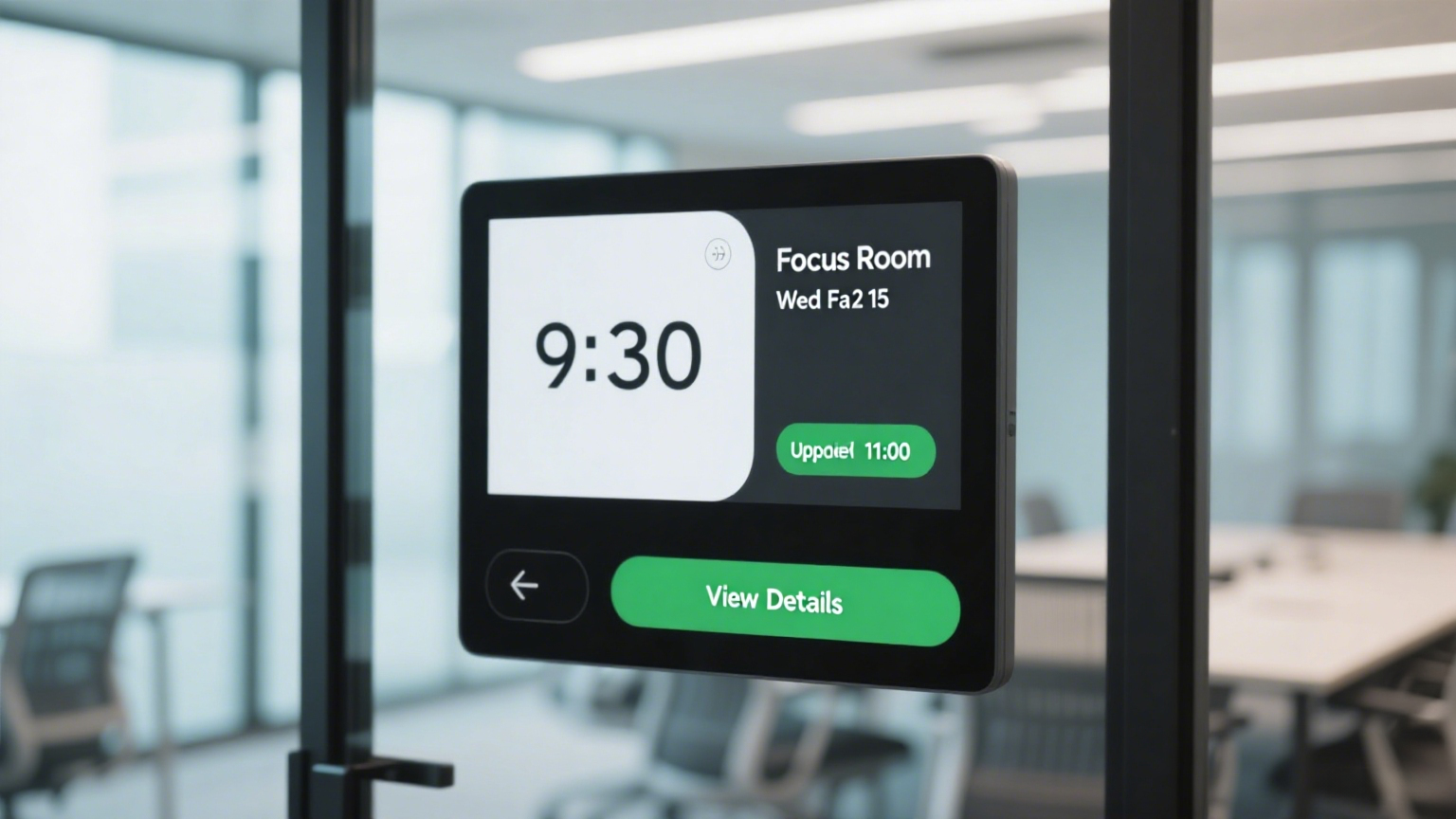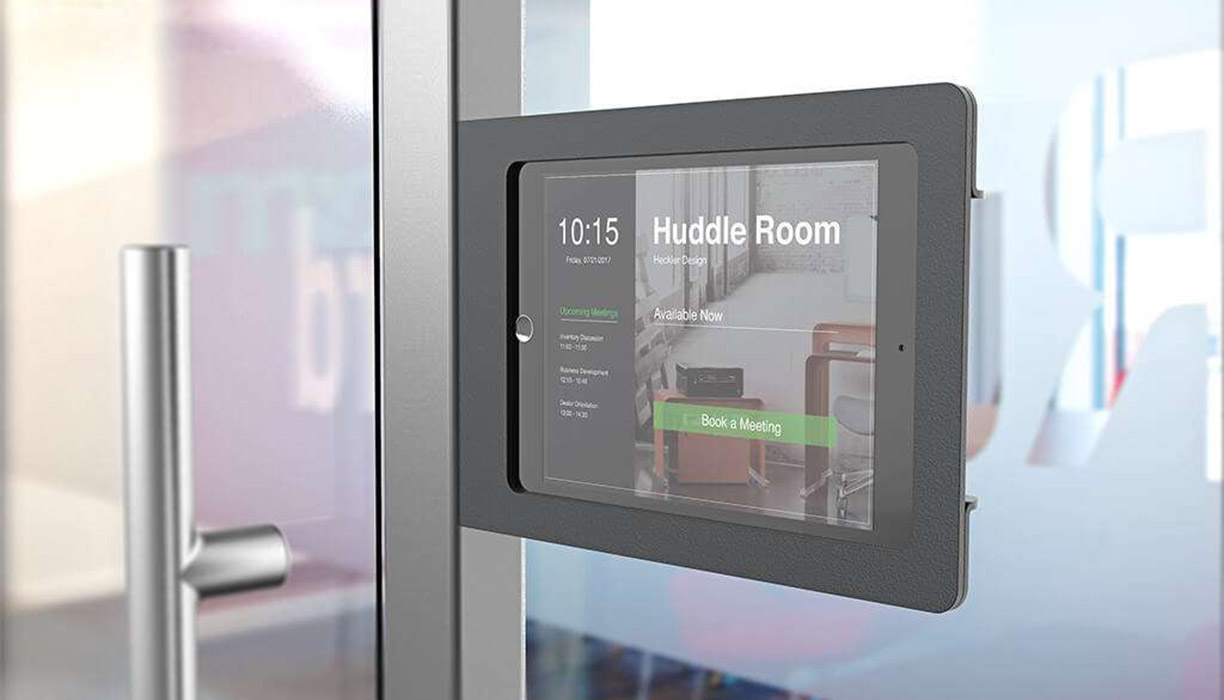HOME 解决方案 MRBS: Transforming Modern Workplace Efficiency MRBS: Transforming Modern Workplace Efficiency
In modern office environments, a meeting booking system should possess the following functionalities:

1. Room Booking:
Users should be able to view available meeting rooms, their capacities, and equipped facilities, and then book them for specific time slots.
Calendar Integration: The system should integrate with personal and corporate calendars (such as Google Calendar, Outlook, etc.), enabling seamless synchronization of meeting schedules.
Resource Management: Beyond rooms, the system should also allow for the booking of equipment like projectors, video conferencing tools, and whiteboards.
2. Notification System:
Automated reminders and notifications should be sent to participants and room administrators before and after meetings, ensuring everyone is on the same page.
3. Conflict Resolution:
the system should detect and alert users to potential scheduling conflicts, offering suggestions for alternative time slots or rooms.
4. Analytics and Reporting:
It should provide insights into meeting room usage patterns, helping administrators optimize space allocation and identify underutilized resources.
5. Mobile Accessibility:
A mobile app or responsive website should be available for on-the-go booking and management.
6. Customization:
The system should offer customization options to tailor the booking process, notifications, and reporting to the organization's specific needs.

Why Do Large Enterprises Need a Meeting Booking System?
Large enterprises often have numerous departments, employees, and guests requiring frequent use of meeting spaces and associated resources. A meeting booking system becomes indispensable for several reasons:
Efficiency:
It streamlines the process of booking meetings, reducing the time spent searching for available rooms and coordinating schedules.
Productivity:
By optimizing room usage and minimizing no-shows or double-bookings, the system helps maximize productivity and minimizes disruptions.
Cost Savings: Effective resource management can lead to cost savings by reducing unnecessary rental of external venues or over-provisioning of internal spaces.
Scalability:
As the enterprise grows, the system can scale to accommodate more users, rooms, and complex booking requirements.
Transparency:
It fosters transparency in meeting arrangements, ensuring that everyone involved has access to the latest information.
Compliance:
In sectors with strict regulatory requirements, the system can help maintain records of meetings for compliance purposes.
In summary, a meeting booking system is a vital tool for large enterprises to enhance their operational efficiency, productivity, and cost-effectiveness in managing meeting-related activities.


